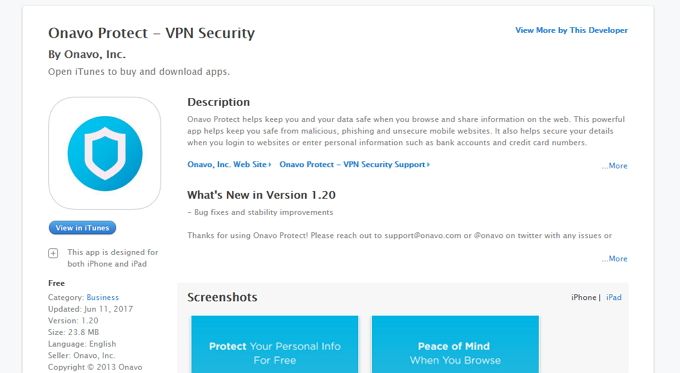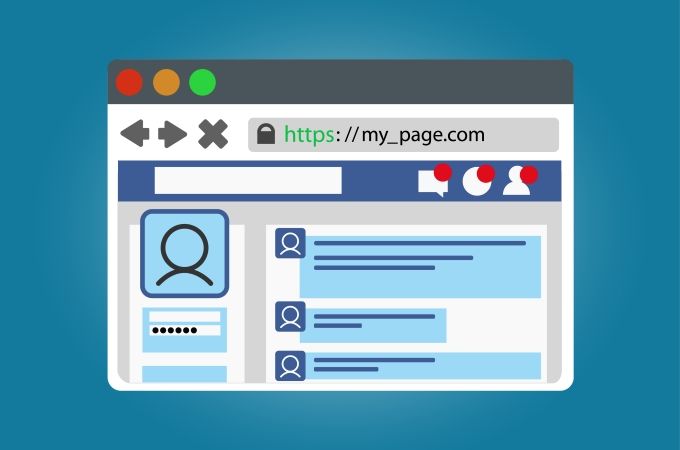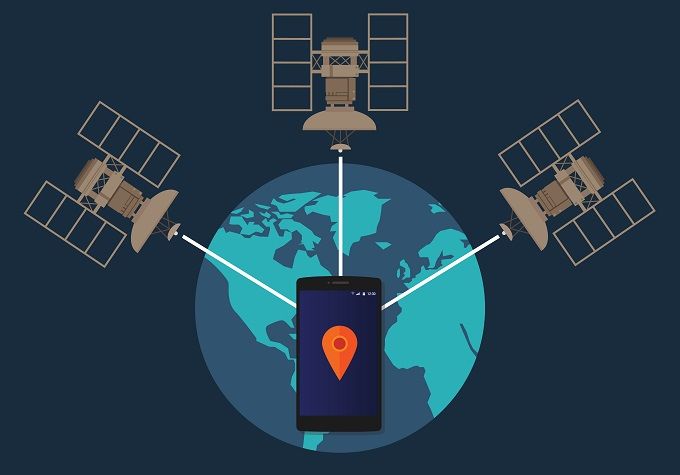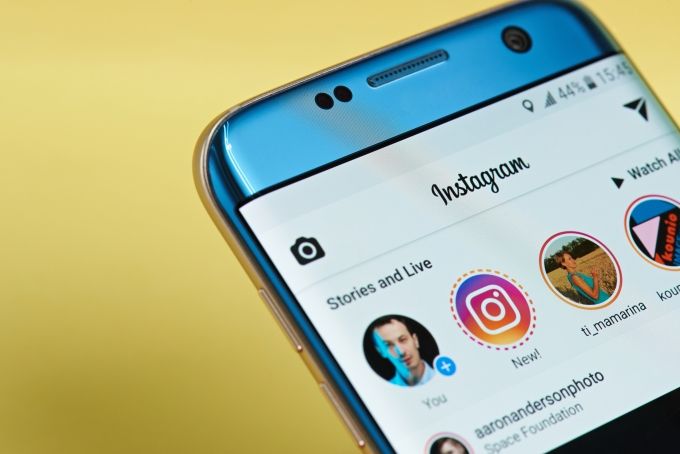Facebook has become a behemoth of social networking. As of June 2017 there were over two billion active users -- or a quarter of the world's total population. From its beginnings as a small project at Harvard College between Mark Zuckerberg and friends, it has grown into one of the world's largest technology companies. Of course, their major stumbling block has always been user privacy and how they use your data.
Even in its early days there were criticisms of how the social networking giant handled your data. Recent revelations have shown that Facebook has been experimenting on you to put you in the "optimal" frame of mind to keep scrolling through the Newsfeed. Despite some surface changes, Facebook still has a problem with respecting your privacy and protecting your data.
One App to Rule Them All
Facebook's aggressive cloning of Snapchat features is well known. Instagram's Stories were a direct response to the competition that the ephemeral messaging app posed. Stories were a rousing success, far outstripping the reach of Snapchat's own user base. Buoyed by this success, Facebook knuckled down and added similar features to the Facebook app and WhatsApp. However, a question remained: how did Facebook know their approach was working?
The answer lies in its quiet acquisition of the mobile analytics firm Onavo. After the purchase, Onavo continued in its mission to monitor data and app usage. However, they released a number of consumer apps like Onavo Protect, a VPN app to protect your security -- except that wasn't really the aim. Onavo Protect manipulated users into agreeing to Terms and Conditions that would grant them access to all traffic sent through the service. VPNs are a great way to protect yourself online, but as Onavo demonstrates, you do need to trust your VPN provider.
According to a report by the Wall Street Journal, Facebook developed an internal tool that would explicitly analyze traffic volumes to rival apps and services. This tool even influenced their purchase of the messaging service WhatsApp. While the immediate implications of Facebook monitoring all your browsing activities are clear, something else lurks in the background. By using this data to buy up successful rivals, Facebook is able to cement its market dominance, creating a monopoly and potentially stifling competition and innovation.
Lurking in the Shadows
Facebook's main source of revenue comes directly from advertising -- they even operate their own ad-serving platform. In the digital era, a marketing campaign is judged on its click-through rate (CTR). To create a higher CTR, advertisers like to make sure they are showing their ads only to those most likely to click on them. By encouraging users to post ever more information about their lives, Facebook has a trove of data that allows them to target ads to those most likely to click.
While that approach works for users of the social networking site, there is still an untapped market of almost five billion non-users from which they can profit. To make the most of this potential, Facebook has taken to collecting and storing your data, even if you don't have an account. This tactic has led to the creation of shadow profiles over which you have zero control.
A recent study by researcher David Garcia published in the journal Science Advances explored how shadow profiles can impact non-users. By using data from the now-defunct social network Friendster, Garcia was able to predict with startling accuracy a non-user's relationship status and sexual orientation. The study highlights the privacy implications for such shadow profiles. If you do not use a service, should it be acceptable that a decision made by someone else should impact your privacy so negatively? Although there is no direct evidence that Facebook performs such profiling, that hasn't stopped them from tracking non-users.
A Creepy Connection
As your Newsfeed overflows with videos, news, and political opinions, it may seem hard to recall Facebook's original goal was to connect you with your friends. Whether close friends or acquaintances from school, you could send a Friend Request and then passively observe their happenings. To make finding your friends even easier, Facebook introduced the People You May Know tool. By combining your social network and other personal information, Facebook always has a suggestion ready to go.
What information is included is something of a mystery. Facebook isn't totally transparent about how the People You May Know tool works. Their support page lists mutual friends, shared networks and groups, and uploaded contacts as some factors. However, there have been many reports of surprising people showing up as suggestions. This included a psychiatrist's patients being recommended to each other, inadvertently exposing their medical situation.
Just as Google claims it isn't listening to your every word, Facebook claims the People You May Know suggestions aren't based on location data. However, anecdotal evidence of location-based suggestions has been mounting. In a move sure to inspire trust, Facebook confirmed it uses location data, then denied it just three days later.
A Breach Too Far
Despite being one of the world's most popular websites, Facebook has so far managed to avoid the inevitable security breach. Although there have been security concerns, most of these have been as a result of social engineering attacks or poor password security.
Unfortunately the same cannot be said of Facebook's photo-sharing subsidiary, Instagram. In August 2017 it was widely reported that hackers had stolen contact information relating to verified accounts. In the ranks were the phone numbers and email addresses of high profile celebrities, politicians, and sports stars.
As the story unfolded, it became clear that the hackers had actually made away with contact information for over six million accounts, including those of many regular users. The flaw that the attackers exploited has since been fixed, as noted on Instagram's blog [Broken URL Removed]. The hackers went on to set up a website with the leaked information, charging $10 per search. Fortunately, no passwords were compromised. However, the leaked information -- email addresses and phone numbers -- may be enough to bypass Instagram's two-factor authentication.
Although the leak only affected six million accounts, that is approximately 1 percent of Instagram's 700 million users. If a similarly proportioned attack were to happen on Facebook, that would be a staggering 20 million compromised accounts. Were a hacker to gain access to your Facebook account, it could have devastating consequences. Fortunately there are steps you can take to secure your Facebook account. If you suspect your account may have been hacked, you should switch to damage control mode.
What's a Facebooker to Do?
Fortunately, you can choose not to use Facebook and delete your account. Despite capturing a quarter of the world's population, there are almost five billion people not on Facebook. Of course, this may not help you when you start to feel the FOMO burn.
As long as there is money made from exploiting your data, then Facebook will continue down that path. With advertising rapidly moving online into our social feeds, there aren't any signs of a change of heart in the near future.
What do you make of Facebook's actions? Do you think you can trust them? Or are the problems overblown? Do you even still use Facebook? Let us know in the comments below!






